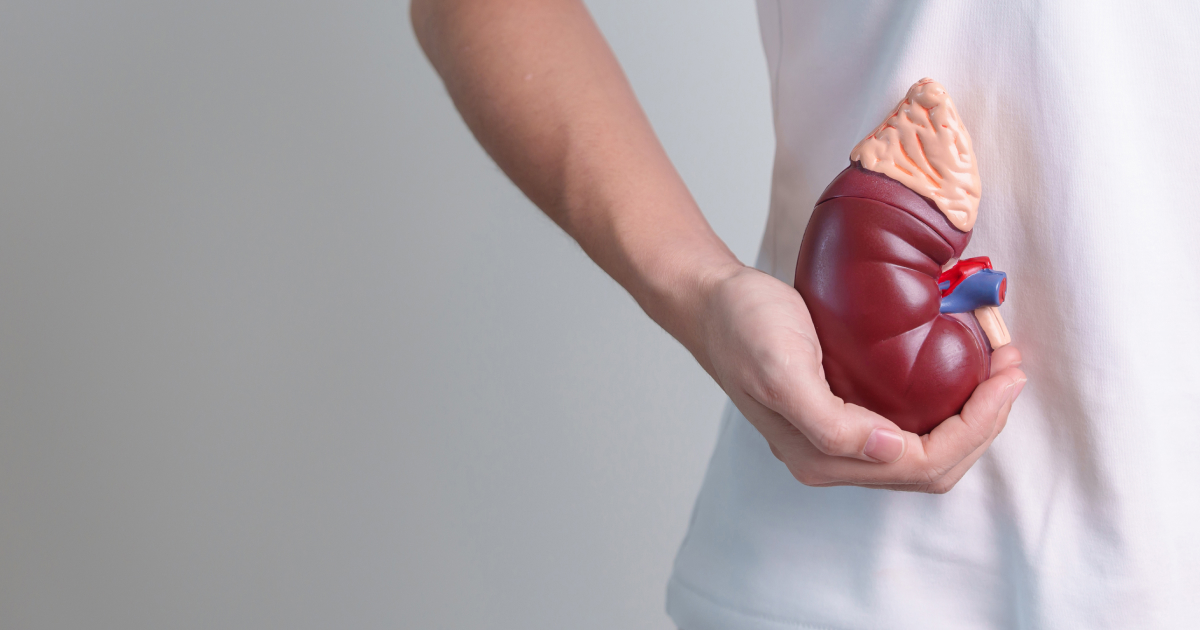
What Are Kidney Stones?
Kidney stones are hard crystal masses formed in the kidneys or urinary tract, due to high concentrations of calcium, oxalate, urate, or phosphate. They vary in size and shape and can cause severe pain or be asymptomatic. They commonly occur in the kidney and may move to the ureter.
Types of Kidney Stones:
- Calcium Stones: Most common (70-80%), made of calcium oxalate or calcium phosphate.
- Struvite Stones: Result from infections, often found in alkaline urine, more common in women.
- Uric Acid Stones: Form in acidic urine, linked to gout, high protein diets, or dehydration.
- Cystine Stones: Rare, caused by an inherited condition (cystinuria).
Symptoms:
- Severe abdominal pain
- Blood in urine
- Frequent urination
- Nausea or vomiting
- Stones may be "silent," detected only on imaging.
Risks and Causes:
- Low fluid intake
- Family history
- High animal protein or salt diet
- Obesity, immobility, hot climates
- Metabolic disorders and certain medications
Prevention:
- Fluid Intake: Drink 12-14 glasses (3+ litres) of water daily to dilute urine and prevent stone formation.
- Diet: Limit salt, animal protein, and high-oxalate foods. Eat a balanced diet with calcium from food sources rather than supplements.
- Avoid: High-oxalate foods, excessive vitamin C, and certain juices like grapefruit or cranberry.
Treatment:
- Conservative: For small stones (less than 5 mm), manage pain with NSAIDs or opioids, drink fluids, and monitor stone passage.
- Surgical: Needed for large stones, severe pain, obstruction, or recurrent infections. Options include shock wave lithotripsy, percutaneous nephrolithotripsy, or ureteroscopy.
- Avoid: High-oxalate foods, excessive vitamin C, and certain juices like grapefruit or cranberry.
Note: Stone recurrence is common, so following preventive measures is crucial to reduce the risk.


